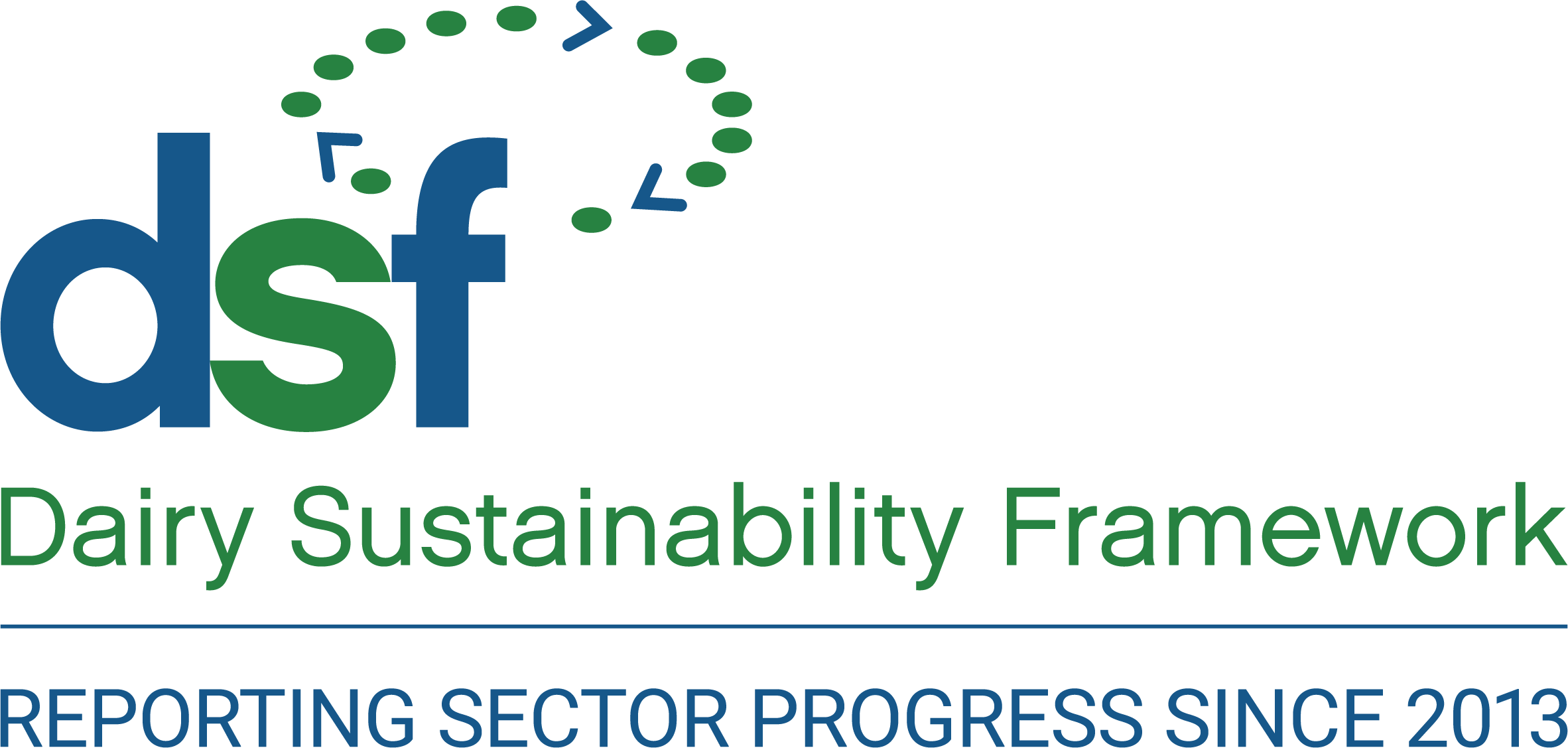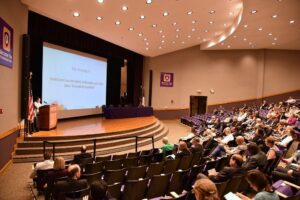Innovation for Sustainable Livestock Systems – GASL Meeting
Innovation for Sustainable Livestock Systems – GASL Meeting
The 9th Annual Global Agenda for Sustainable Livestock (GASL) Meeting took place at Kansas State University 9 – 12 September. 22 countries and almost 300 people attended the event from across the livestock industry, agricultural research, global non-profits as well as several governments to focus on identified challenges, discuss their visions for the future and work towards sustainability for the livestock industry. The theme for the event was ‘Innovation for Sustainable Livestock Systems’.
Day 1, the Science day, consisted of four plenary sessions covering food and nutrition security, livelihoods and economic growth, animal health & welfare and climate and natural resource use. The rest of day 1 had a number of parallel programs of discussion sessions on Innovations for Smallholders, Livestock Research Methodology, Dairy, Tools & Frameworks and GASL Action Networks.
Day 2, the Policy day, started with a report from the experts of the GASL Action Networks who shared examples of implementation of activities, impact and evidence of information exchange. A panel then shared reflections across the four sustainability domains, providing an economic perspective. In the afternoon a panel moved the discussion to the Role of International Trade in Sustainable Livestock Systems. The five panelists addressed the fact that the definition of sustainability varies widely, which adds difficulty when governments are negotiating trade agreements. Sustainability includes environmental, social, and economic factors, all of which can look different in different geographies. Small roundtable discussions then allowed for reflection and discussion of the presentations, panels, and the future of sustainable livestock agri-food systems.
Harnessing livestock innovations for greater economic good was the presentation delivered by Assistant Director General Shirley Tarawali of the International Livestock Research Institute (ILRI).
"The rising global demand for livestock-derived foods offers a wealth of new opportunities for transforming the livestock sector into one that is fair as well as sustainable, safe as well as profitable, humane as well as efficient and one that contributes significantly to livelihoods and economic growth."
Also in her plenary presentation was a video, led by ILRI, financed by The Global Livestock Advocacy for Development (GLAD) project: https://youtu.be/pmdTVb8hiA4 . This film describes how every one of the world's many livestock systems is being transformed by innovations in livestock development: research innovations, technological innovations, policy innovations and political will to drive economic development. Please share the video link with colleagues.
Brian Lindsay of the DSF who attended the GASL meeting was invited to make two contributions during this meeting. The first presentation was to share with delegates the progress of Dairy Asia as one of the key Action Networks of the GASL. The DSF sits on the Steering Committee of Dairy Asia and Dairy Asia currently has two seats on the DSF Board of Governors. The other opportunity was to share with delegates the process through which the DSF has undergone in developing appropriate and acceptable Indicator Metrics for the demonstration of continuous Improvement of the global dairy sector under the 11 DSF sustainability Criteria. This particular topic generated considerable interest of stakeholders representing a number of different livestock sectors as well as those involved in agricultural data analysis.
Day 3, Field Tours, to a variety of agricultural operations throughout the state in four content areas: livestock and environment; animal health, welfare, and antimicrobial resistance; livestock agri-food systems, from farm to fork; and even a visit to the Kansas State Fair.
Day 4 rounded off with discussions by highlighting opportunities for innovations for sustainable livestock systems. Feedback from the round table discussions was reported by representatives from the Cluster Groups relating to lessons learned from the Science and Policy days. Discussion participants were challenged to explore how livestock will look in the future. Photo essays and highlights from the field tours were presented by the K-State Research and Extension agricultural communications faculty. Action Networks, and other stakeholders in attendance were invited to share the voluntary actions that will be implemented to use innovation as a booster for sustainable livestock development.
The 10th MSP Meeting to be held in Delémont, Switzerland, on 14 to 20 June 2020.
For more information on the activities of GASL please visit www.livestockdialogue.org

